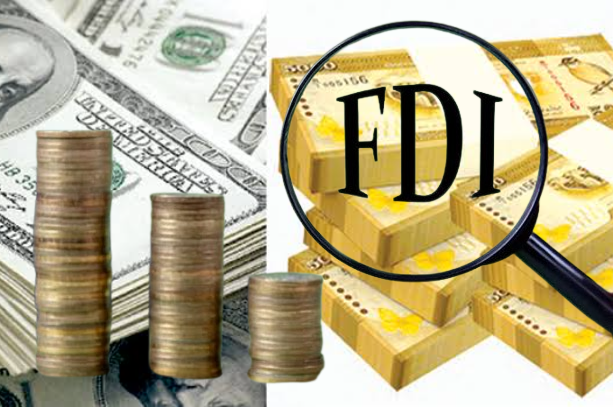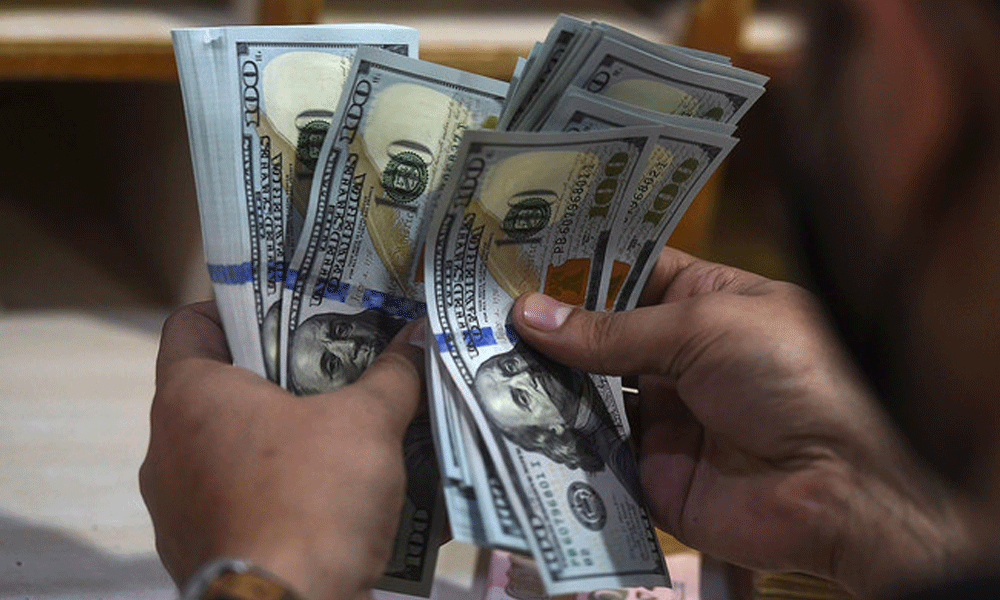
Foreign Direct Investment (FDI) in Bangladesh has witnessed a dramatic decline of 71% in the first half of the fiscal year 2024-25, compared to the same period last year.
According to data from the Ministry of Finance, FDI inflows have dropped to just $213 million, down from $744 million during the July-December period of the previous year. This sharp reduction highlights ongoing challenges in attracting foreign investment, including institutional weaknesses, political instability, and a sluggish business environment. The decline also reflects a broader stagnation in both foreign and domestic investments.
On Sunday, the Ministry of Finance submitted a report to the Chief Advisor outlining the macroeconomic situation of the country. This report highlighted the decline in foreign investment.
Foreign direct investment has been sluggish for a long time, with no improvement in the business environment. Additionally, domestic investment is not increasing significantly either. Experts believe these factors are contributing to the decline in foreign investment. Local industrialists argue that unless domestic investment increases, foreign investment will not rise either.
Economists say that there are institutional weaknesses in making business easier, coupled with ongoing political uncertainty, which is preventing new foreign investments. The foreign investments that have been made are primarily reinvested profits from companies already operating in the country. In a situation where the growth of private sector loans domestically is only 7%, attracting foreign investment is challenging.
They suggest that to attract more foreign investment, issues such as a stable law and order situation, corruption, governance, and accountability must be addressed.
The report from the Ministry of Finance also highlights the lack of new foreign investment. It mentions that from 2020 to 2024, the average foreign investment was around $1.50 billion per year, with only $668 million being equity investments or new investments.
According to the Ministry of Finance and Bangladesh Bank, foreign investment has also declined in the quarterly accounts of the current fiscal year. In the first quarter (July-September), a total of approximately $150 million in new and reinvested funds came in. In the following quarter (October-December), this amount dropped to around $70 million.
A significant portion of foreign direct investment (FDI) in Bangladesh comes from reinvested earnings and undistributed profits from companies that have already invested in the country.








